
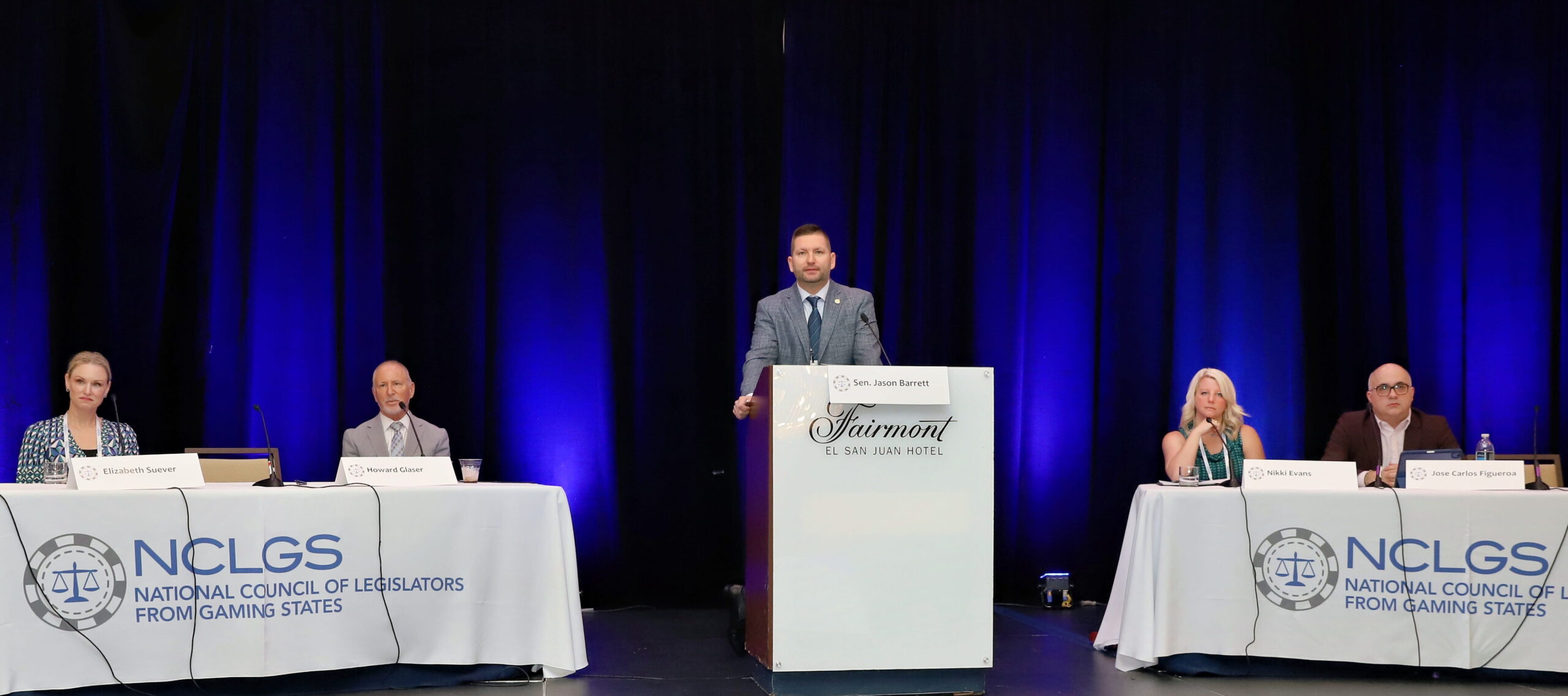
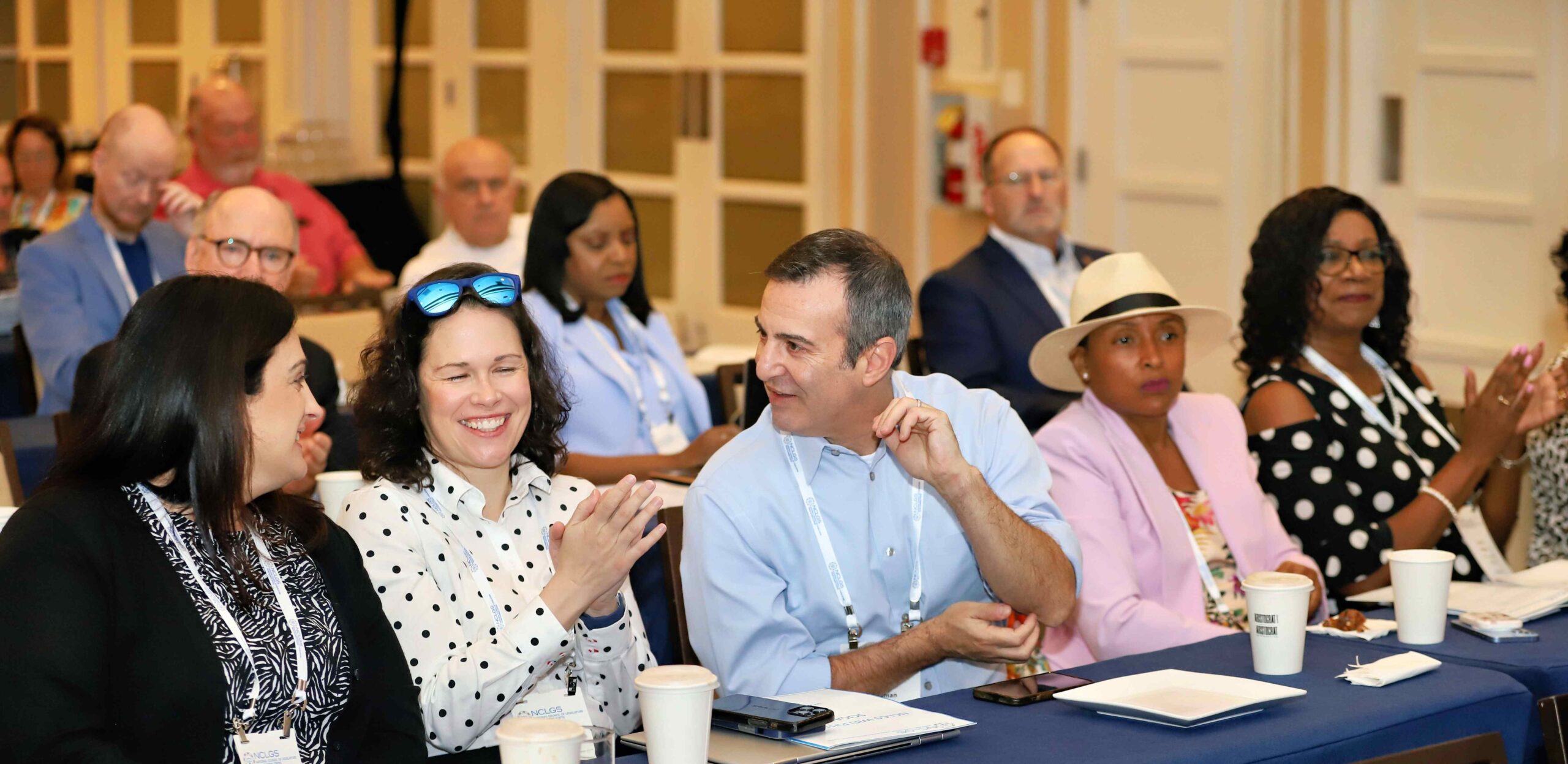
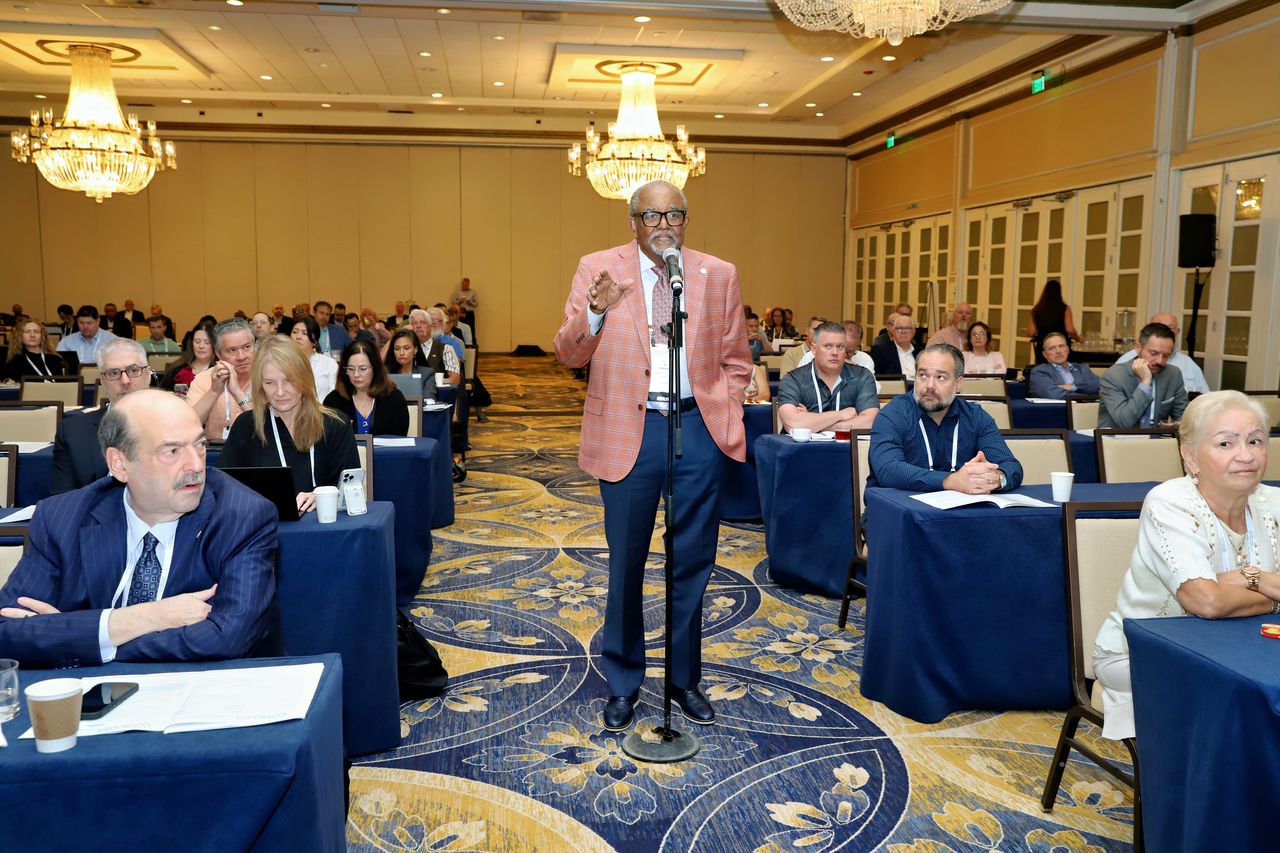
NCLGS conferences are open to all legislators, regulators, stakeholders, and members of the public interested in staying informed on all forms of gambling. This includes—but is not limited to — land-based casinos, online gaming, sports wagering, lotteries, pari-mutuel gaming, and the full spectrum of operators, suppliers, media, and connected sectors.
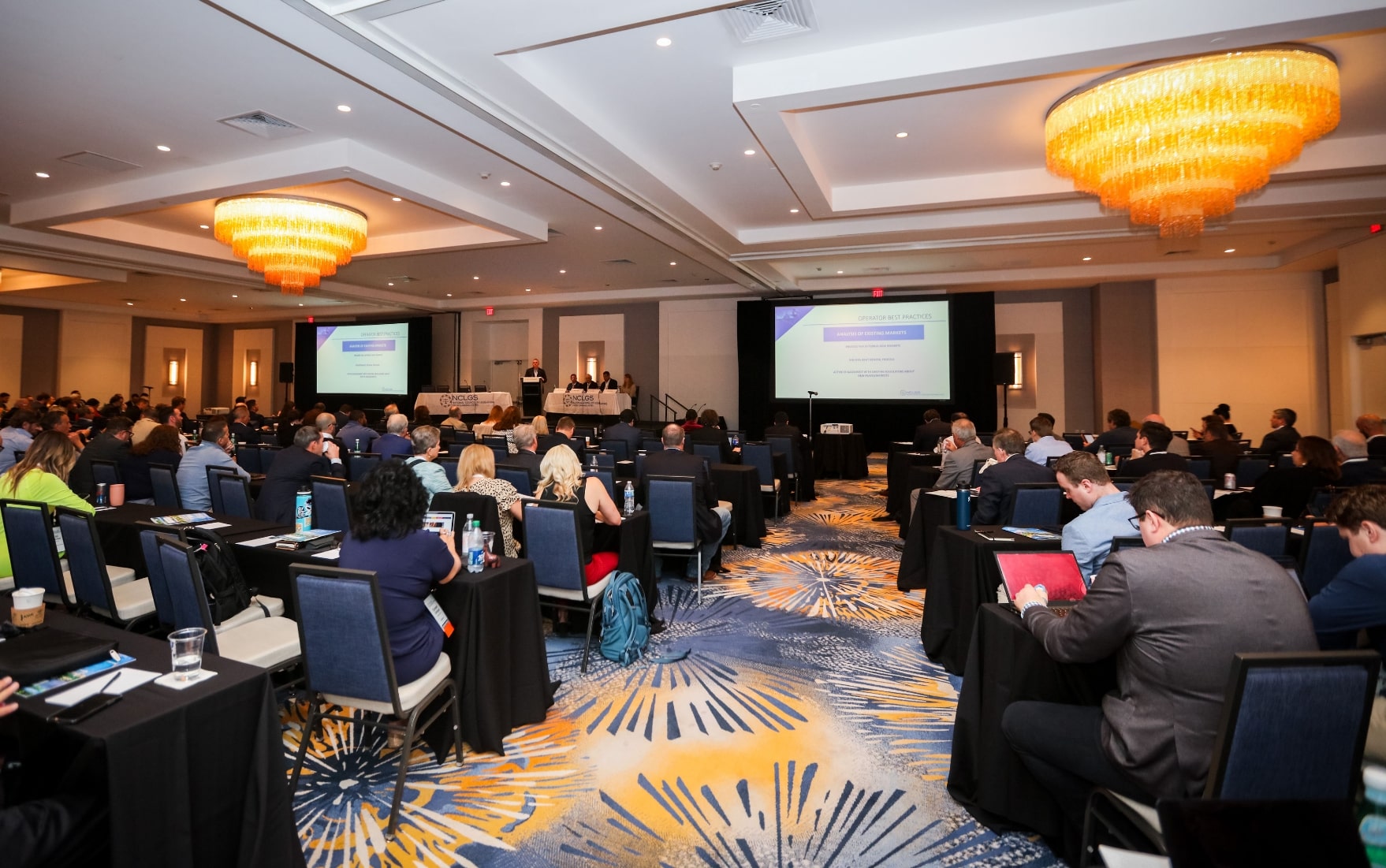
The National Council of Legislators from Gaming States (NCLGS) is the only organization of state lawmakers that meets on a regular basis to discuss issues in regard to gaming.
Members of NCLGS chair or are members of committees responsible for the regulation of gaming in their state legislative houses. NCLGS does not promote or oppose gaming but is primarily concerned with the proper regulation of the industry.
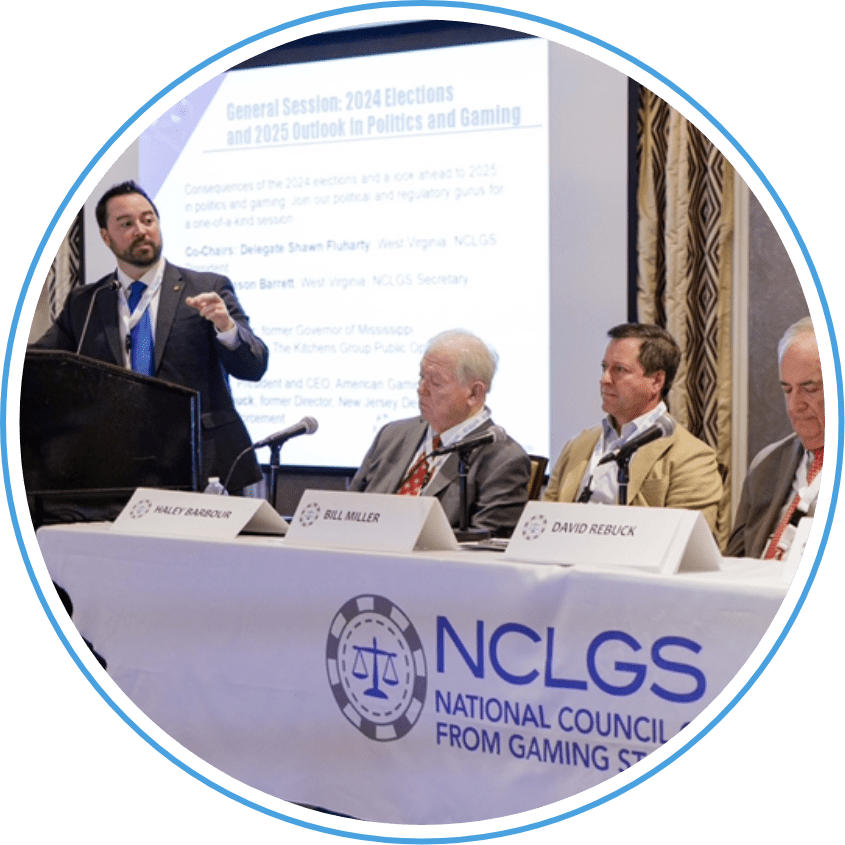
Contributing Member benefits include opportunities for Legislator Scholarships to attend NCLGS Meetings, voting privileges on standing committees, the opportunity to join the Executive Committee, opportunities for committee membership, and more.
NCLGS works to provide information on all sides of gaming issues, with the primary goal of educating state legislators so that they may make informed decisions on public policy issues related to gaming.






Legislative scholarships are limited and based upon approval by NCLGS.
